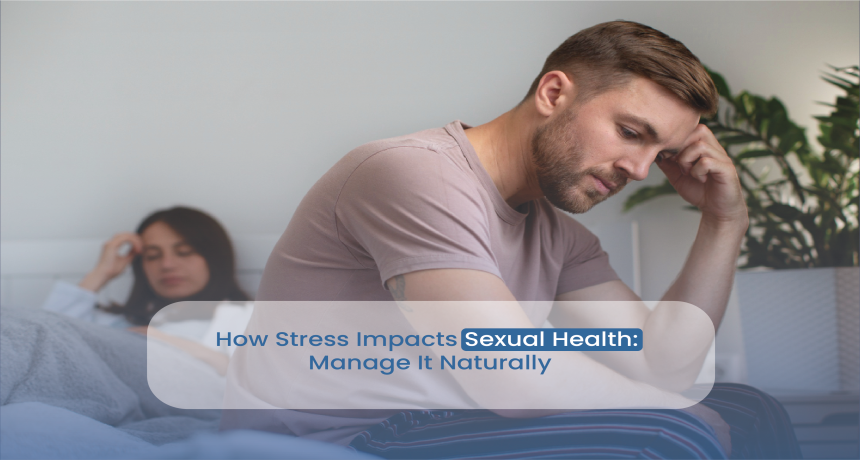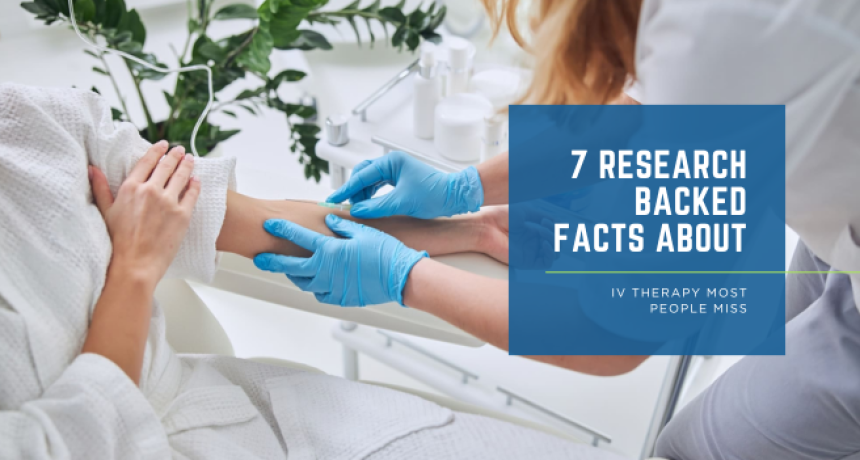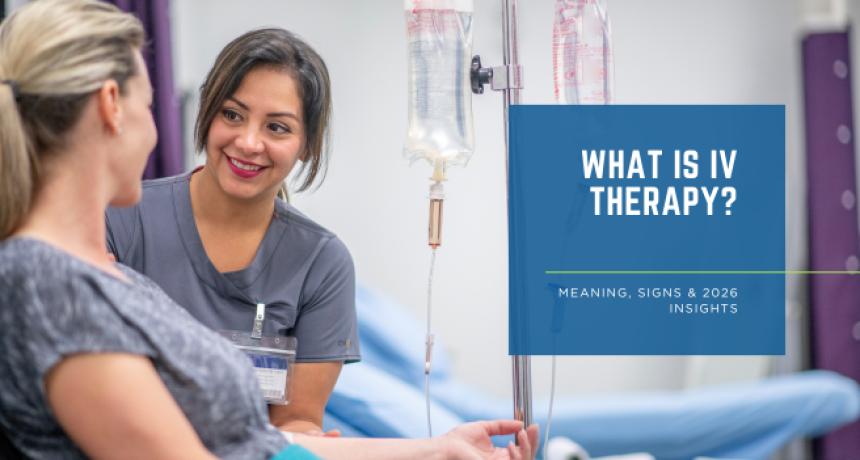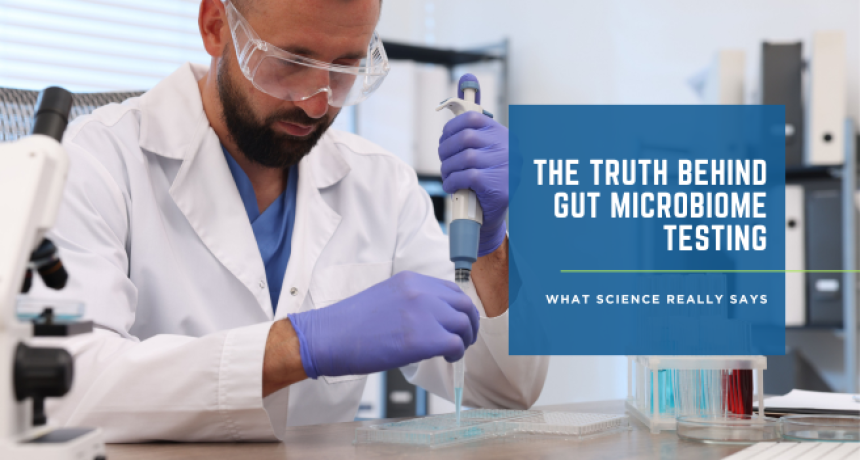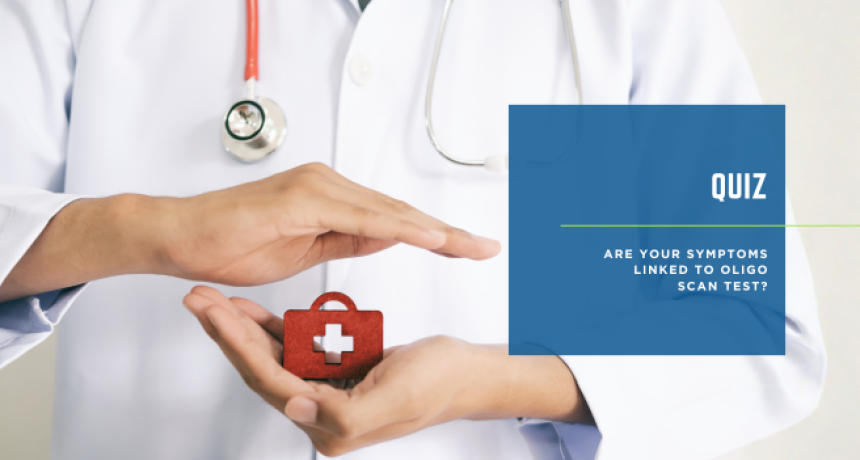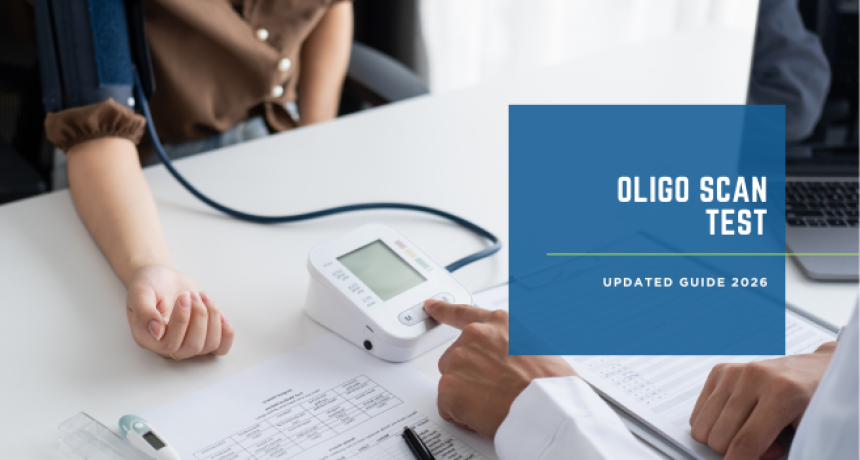How Stress Impacts Sexual Health: Manage It Naturally
2025-07-30 Stress is often dismissed as a mental burden. But for many individuals, it silently reshapes physical health—including their most intimate experiences. If you've felt disconnected from your partner, experienced performance anxiety, or noticed a decline in libido, stress might be the missing link. At L&B Clinics in Delhi, we see firsthand how stress and sexual health are deeply interconnected—not just emotionally, but hormonally and neurologically. Chronic stress can interfere with sexual desire, arousal, stamina, and overall satisfaction. This article explores the biological relationship between stress and sexual function and outlines natural, sustainable strategies to manage stress, improve mental wellbeing, and restore sexual vitality—without medications or hormonal shortcuts. The Physiology of Stress and Its Impact on Sexual Health When you're under stress—whether from work pressure, relationship conflict, illness, or financial strain—your body initiates the hypothalamic-pituitary-adrenal (HPA) axis response. This releases cortisol and adrenaline, which are designed to protect you in emergencies. But in chronic stress, this system becomes dysregulated, leading to: Suppressed production of sex hormones (testosterone, estrogen) Reduced vaginal lubrication or erectile firmness Poor blood flow to the genital tissues Increased muscle tension, including pelvic floor spasms Sleep disturbances further lower libido In both men and women, sustained high cortisol levels reduce dopamine and oxytocin—neurochemicals linked to pleasure, arousal, and emotional bonding. How Stress Reduces Libido and Affects Sexual Performance Irregular menstrual cycles and ovulation issues Vaginal dryness, discomfort, or pain during intercourse Decreased sensitivity and lower orgasmic response Negative body image or fatigue impacting desire Erectile dysfunction or difficulty maintaining erections Delayed or premature ejaculation Lower testosterone production Performance anxiety or avoidance of intimacy Studies published in The Journal of Sexual Medicine show that chronic stress is one of the strongest predictors of hypoactive sexual desire disorder (HSDD) in women and erectile dysfunction in men under 45. Related: 7 Warning Signs of Hormonal Imbalance in Men & Women – And How to Fix It Naturally The Mental Health Connection: Stress, Anxiety & Intimacy Emotional and psychological stress doesn’t just affect desire—it rewires the way your brain processes intimacy. Fear of “not performing well” Shame or guilt about one’s body or sexual history Irritability and resentment are blocking emotional closeness Depression causes disinterest or numbness In couples, chronic stress often reduces physical touch, eye contact, and communication—creating a negative feedback loop of avoidance and isolation. Signs Stress Is Impacting Your Sexual Health Persistent low libido despite adequate sleep or nutrition Fatigue or emotional flatness during intimacy Inability to focus or “stay present” during sex Unexplained tension in pelvic or abdominal muscles Increased arguments or disconnect with your partner Physical symptoms like jaw clenching, IBS, or insomnia Natural Ways to Reduce Stress and Restore Sexual Vitality At L&B Clinics, we prioritize non-pharmacological, evidence-based strategies to help patients manage stress naturally and improve sexual function. Certain herbal supplements have been clinically shown to regulate cortisol, improve libido, and enhance resilience. Ashwagandha: Reduces cortisol, improves testosterone, enhances sexual function in both genders Rhodiola Rosea: Boosts dopamine and energy, reduces fatigue Maca Root: Enhances mood, libido, and arousal in women Magnesium + Vitamin B Complex: Supports the nervous system and reduces stress-induced fatigue L-Theanine (green tea extract): Enhances calmness without sedation Note: All supplements should be taken under clinical guidance—especially if you're on medications or have hormonal imbalances. 2. Mind-Body Therapies Chronic stress often manifests as muscle tension, shallow breathing, and mental hyperactivity. Mind-body interventions reduce stress through a neurological reset. Breathwork & Pranayama: Stimulate the parasympathetic system to reduce cortisol Yoga Therapy: Improves circulation, reduces pelvic tension, regulates mood Progressive Muscle Relaxation: Excellent for individuals with pelvic floor hypertonicity Sensate Focus Exercises: For couples looking to rebuild intimacy gradually without performance pressure 3. Nutrition for Hormonal Balance Stress depletes key nutrients like B vitamins, zinc, selenium, and omega-3s—all essential for sexual hormone synthesis. Increase healthy fats (avocados, nuts, seeds) to support hormone production Add tryptophan-rich foods (eggs, yogurt, lentils) to increase serotonin Avoid caffeine, sugar, and alcohol, which spike cortisol and impact sleep Eat magnesium-rich foods (dark leafy greens, pumpkin seeds) to relax the nervous system 4. Restore Circadian Health Lack of sleep increases cortisol and reduces testosterone and estrogen levels. Maintain regular sleep-wake cycles Reduce screen time at least 1 hour before bed Practice sleep hygiene with dim lights, cooling temperatures, and calming music 5. Counselling for Stress, Performance Anxiety & Sexual Dysfunction At L&B Clinics, our mental health team works with individuals and couples to explore: The root causes of stress and their impact on self-esteem Cognitive distortions around sex and intimacy Past trauma or relationship breakdowns Rebuilding connection through communication and boundary setting This is especially important for individuals experiencing psychogenic ED, anorgasmia, or relationship conflict linked to chronic stress. Also Read: Hormonal Imbalance in Men: How to Restore Testosterone, Energy, and Vitality Sexual Health Supplements for Stress Support (Available at L&B Clinics, Delhi) For patients seeking integrative solutions, our clinic stocks: Clinically formulated supplements for stress + libido Non-hormonal options for men and women Ayurvedic adaptogens combined with modern nutraceuticals Expert consultation for proper dosage, timing, and combinations All formulations are backed by lab-tested ingredients, free of synthetic hormones or habit-forming compounds. Real Stories from Patients at L&B Nikhil, 34 (corporate professional): Pallavi, 41 (entrepreneur and mother): When to Seek Clinical Help If you’ve been experiencing any of the following for more than 6–8 weeks, professional evaluation is recommended: Persistent low libido Erectile dysfunction or vaginal dryness not resolved by basic interventions Sleep issues despite lifestyle changes Emotional detachment or conflict with your partner Stress-related hair fall, digestive issues, or anxiety attacks Final Thoughts: Calm Mind, Healthy Intimacy Stress is not just a mental state—it’s a biological disruptor. When unmanaged, it erodes desire, connection, and vitality. But with the right tools, support, and lifestyle changes, your body can return to balance—and your intimacy can be rebuilt from a place of presence and pleasure. At L&B Clinics, we integrate hormonal evaluation, mental health care, pelvic wellness, and natural medicine to support your complete sexual wellness journey. References Journal of Sexual Medicine – The Effects of Chronic Stress on Female Sexual Desire Indian Journal of Psychiatry – Stress, Cortisol, and Sexual Performance in Men Harvard Health – The Physiology of Stress and Libido National Center for Complementary and Integrative Health – Herbal Adaptogens in Stress Reduction Mayo Clinic – Performance Anxiety and Relationship Therapy WHO – Holistic Sexual Health & Stress InterventionsStress Isn’t Just in Your Head—It’s in Your Hormones, Too
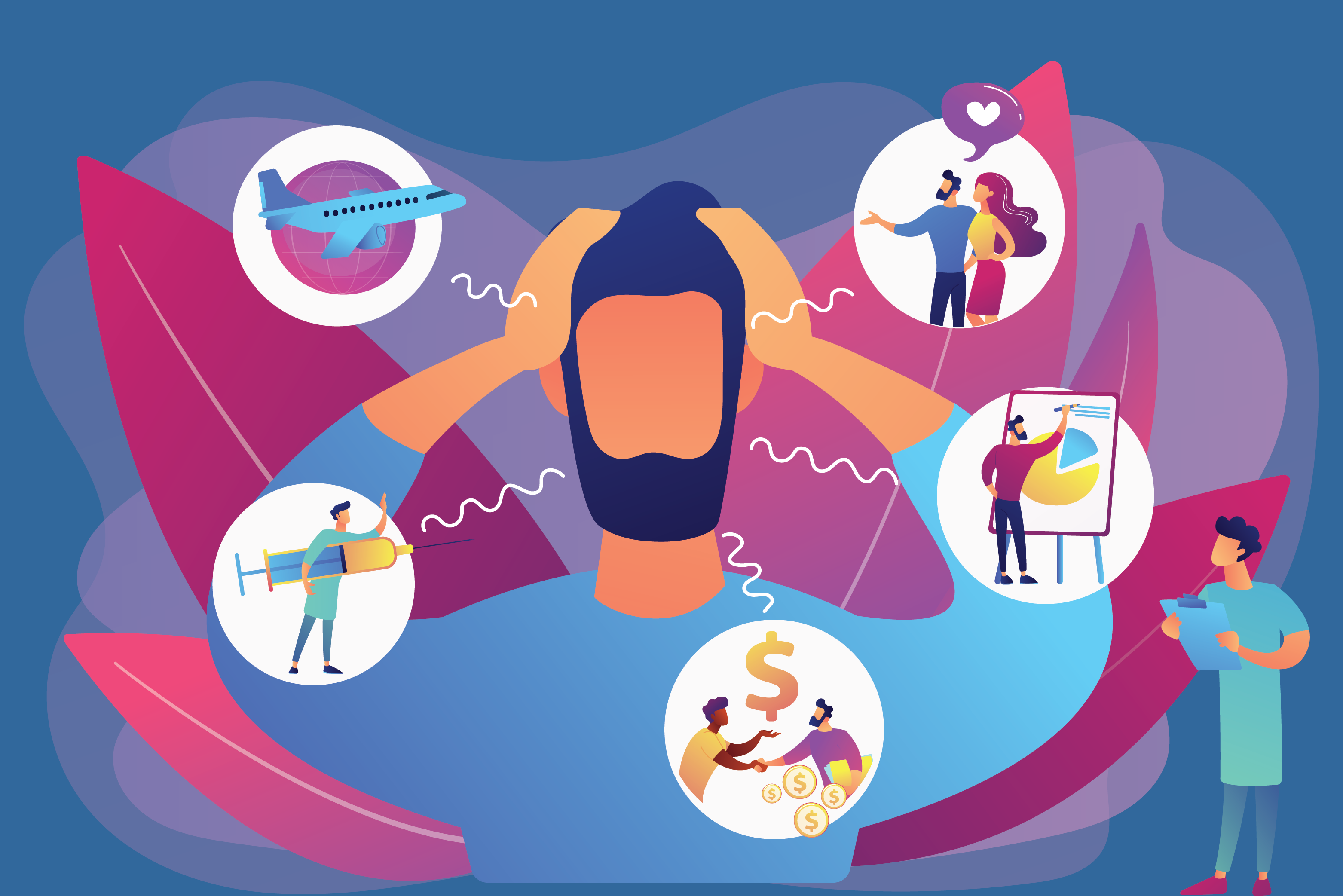
In Women:
In Men:
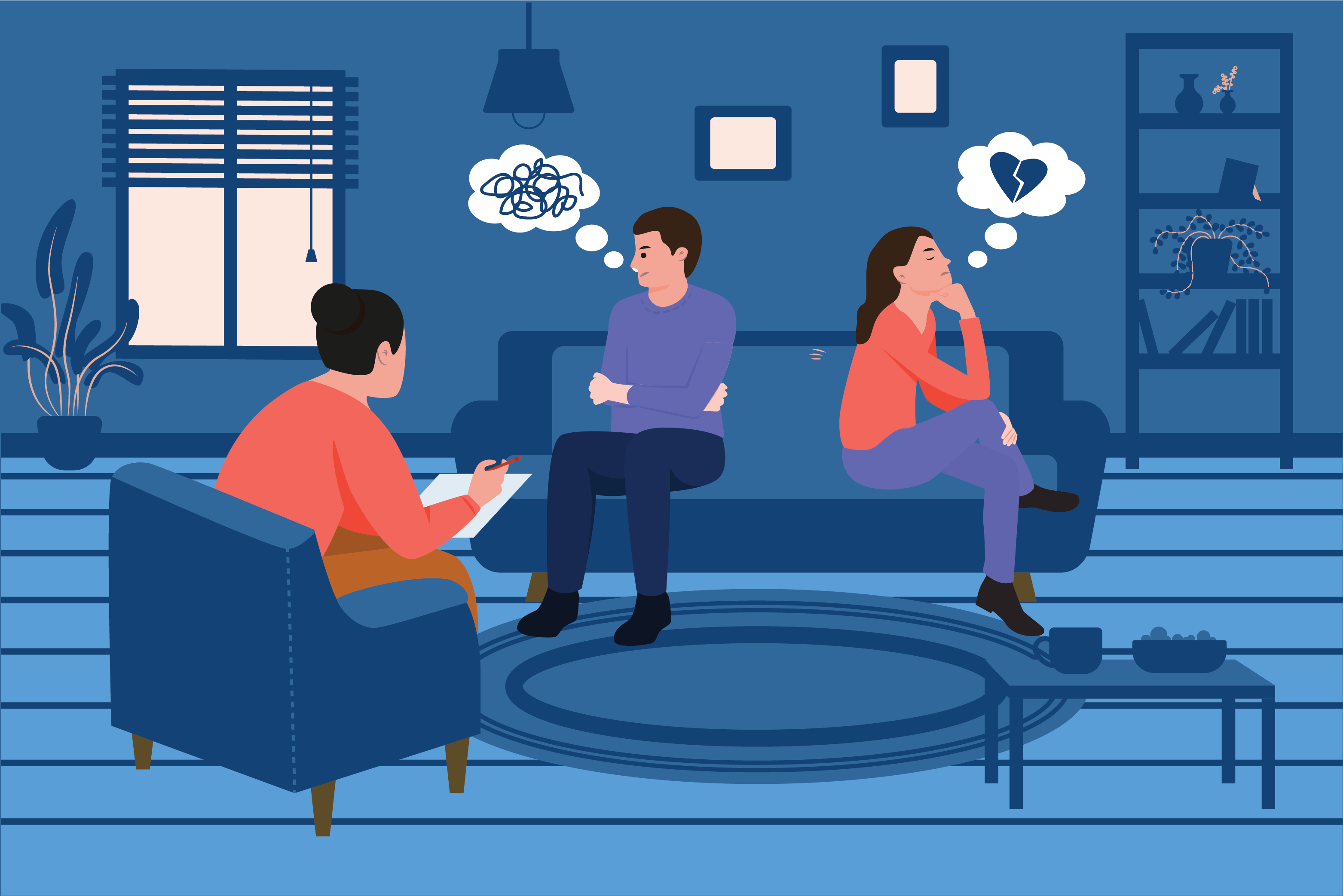
Common psychological barriers include:
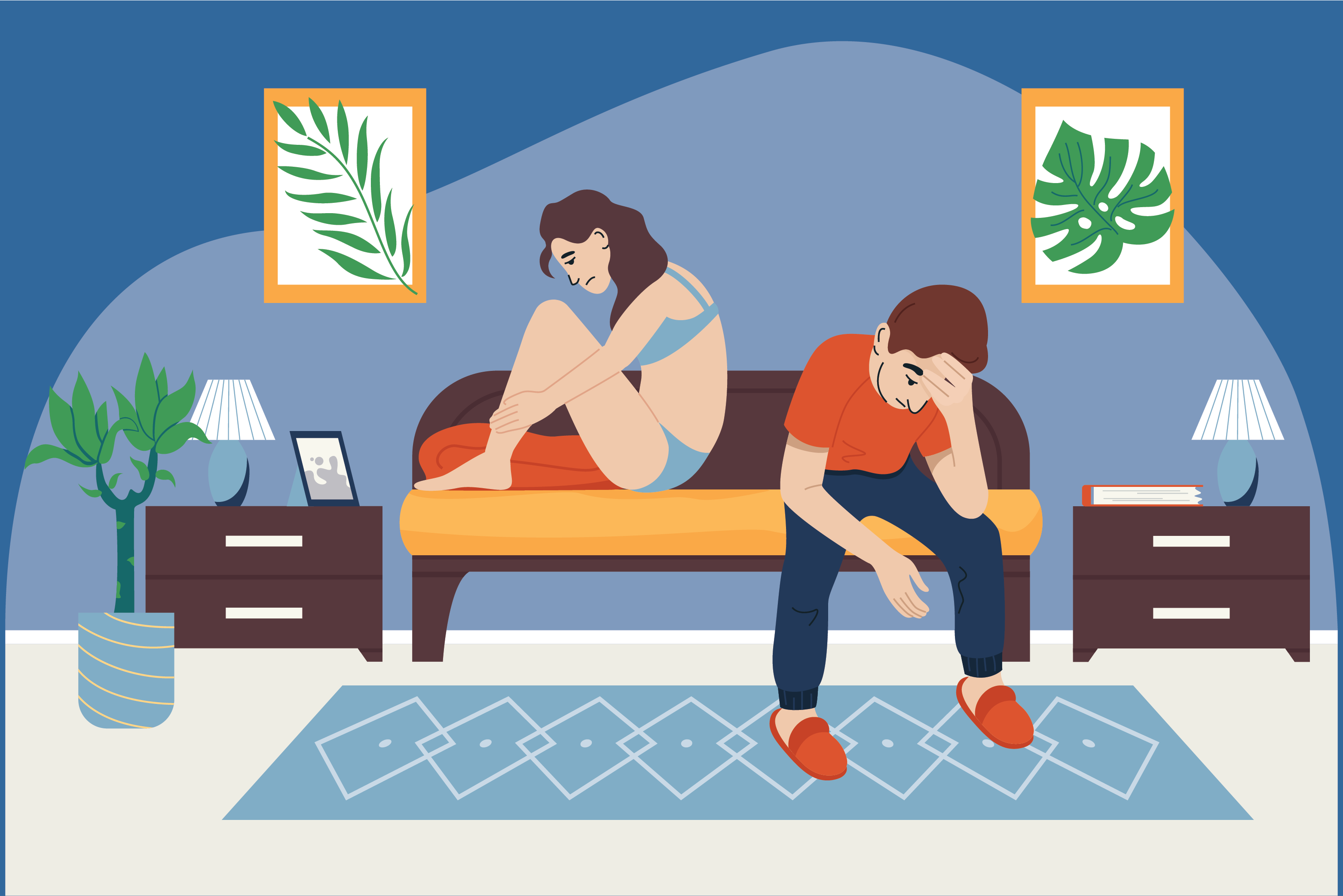
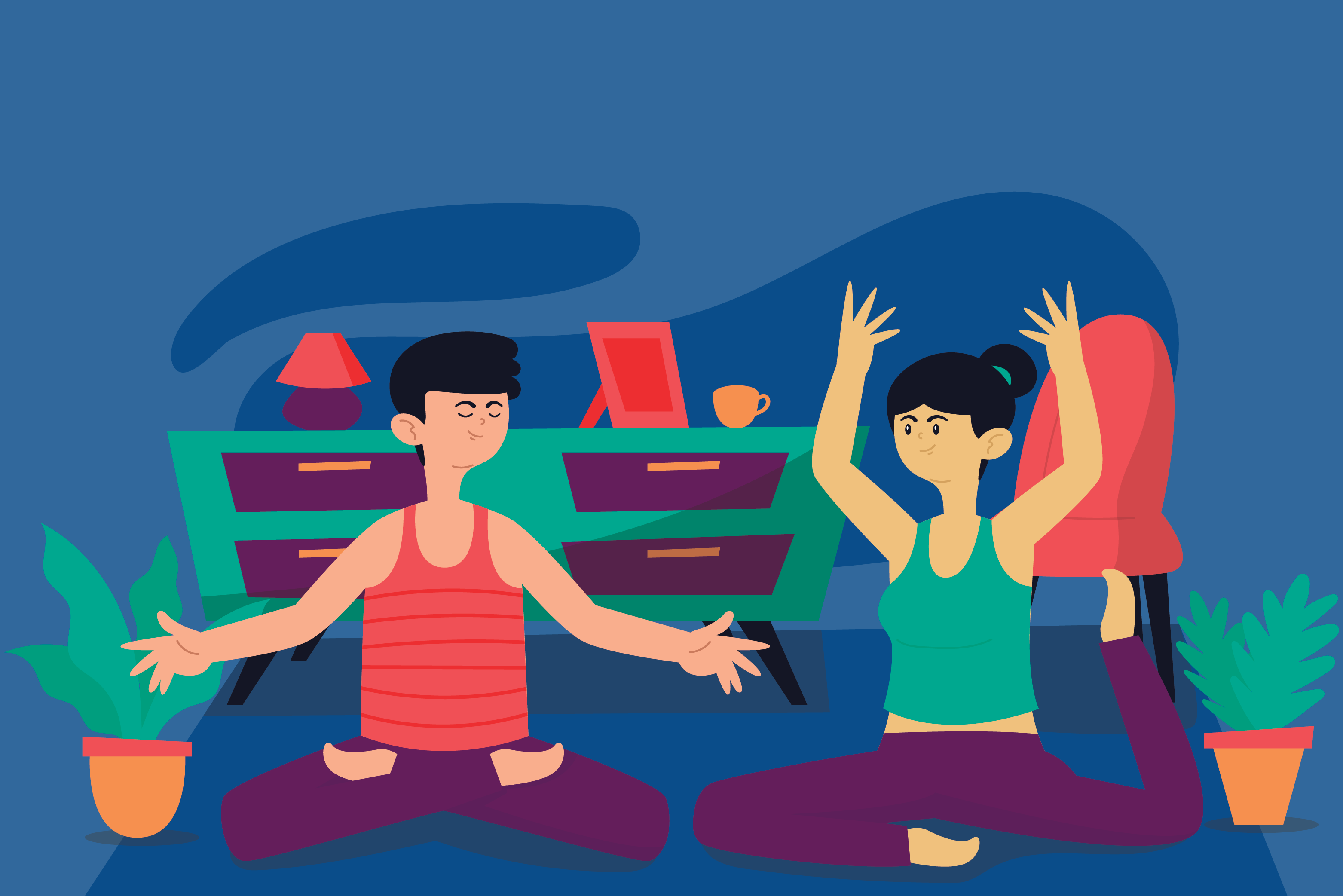
1. Adaptogenic Herbs & Nutraceuticals
Recommended options:
Recommended practices:
Dietary tips:
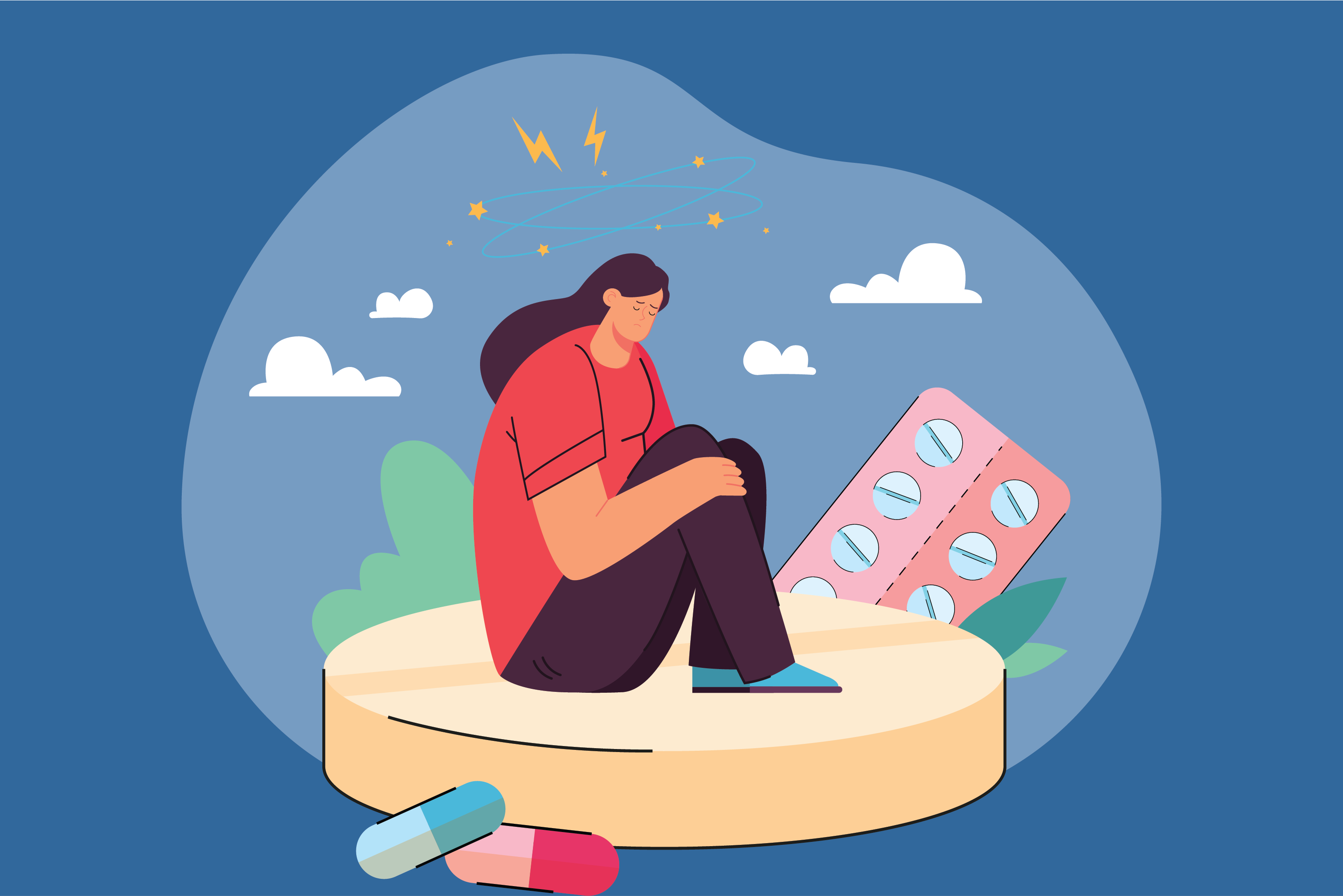
“I didn’t realize how much stress was affecting my sex life. I was always tired, distracted, and not in the mood. After working with the L&B team on supplements, sleep, and therapy, I felt like myself again.”
“Post-COVID stress hit our relationship hard. The sexual wellness program helped me understand my body again. The changes in food, yoga, and herbs made a huge difference.”
.png)
